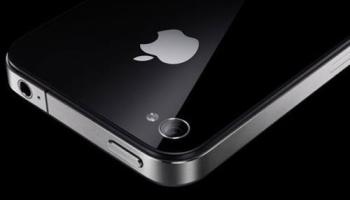Analyst Predicts September Launch For iPhone 5

Apple’s iPhone 5 is likely to arrive on 13 September, rather than in June as previously expected
Apple’s fifth-generation iPhone is not likely to launch until early September, according to a recent report by Piper Jaffray analyst Gene Munster, scuppering hopes of a June launch for the anticipated device.
Munster’s financial models (pictured below) reveal that Apple usually leaves a gap of 79 days between its iOS software event and the iPhone hardware announcement, and 99 days between the software event and the actual shipment date of the new smartphone.
It is expected that the iPhone 5 will be running Apple’s iOS 5, which is due to be unveiled on 6 June at its annual Worldwide Developers Conference. If this follows the pattern of previous iPhone launches, the fifth-generation iPhone will be announced on 24 August, and will start shipping on 13 September.
Apple iPhone 5 or iPhone 4Gs
According to Tech Radar, Munster also cited two “concrete data points” as his source, one of which is an iPhone manufacturing equipment supplier who told him that they received orders for the equipment later than normal.
Amid the frenzy surrounding the iPhone 5’s new features, iDealsChina.com has posted leaked images showing an Apple smartphone with a 4-inch display. The images also indicate that other rumours, suggesting Apple will replace the iPhone’s glass casing with an aluminium one, are incorrect.
Other reports suggest the smartphone will feature a curved glass screen, an 8-megapixel camera as well as NFC (near-field communication) technology, which would enable the device to act as an electronic wallet.
Many signs have pointed to Apple’s intention to adopt NFC technology. In August 2010, for example, the company hired an NFC expert as the new product manager for mobile commerce. It also published a number of NFC-related patents over the summer.
However, Apple is said to be “concerned by the lack of a clear standard across the industry” and does not intent to adopt the ‘wave and pay’ technology until next year.
